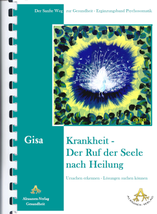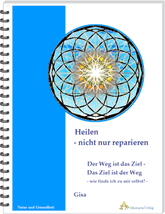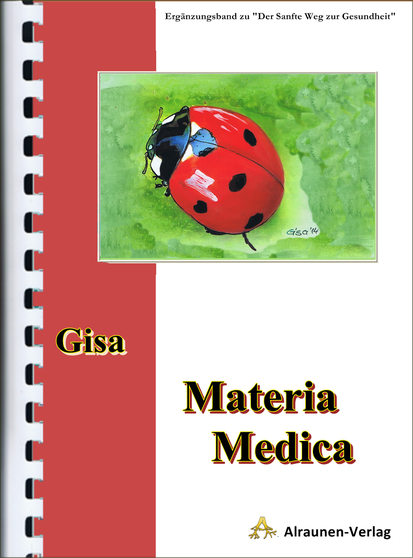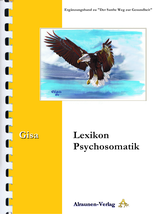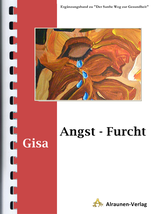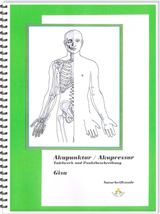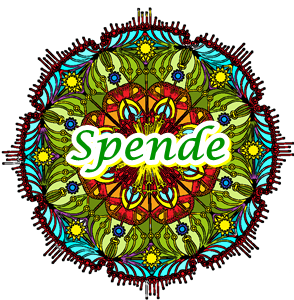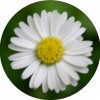Healing
Cure is the concern of every therapist. In his training, he learns
- Anatomy = structure of the body
- Physiology = how the body works
- Pathophysiology = how the disease works
The construction of the body results from a fundamental concept. This basic concept reflects life and is useful in order to live the life. Without legs, we do not get ahead. Without arms, we can do nothing. Without digestive organs we cannot process food and information. Without heart and circulation, we cannot live a separate drive and have no rhythm. Without lungs we can share no air or another. Without kidneys, we cannot clean ourselves. Without sexual organs, we cannot reproduce ourselves, without which we would have no butterflies in the belly. Without brain and nervous system, we cannot communicate with ourselves, so produce no harmony.
So we need a blueprint, look like the body needs in order to lead an independent life. Therefore, it makes sense to deal with anatomy.
Likewise, the functional sequences are interesting in training „physiology“ called. It’s good to know how an organ. The types of functions are indicative of the pulse-generating background.
The pathophysiology but takes up most of the training. Here is considered the detail, cut into slices under the microscope, bombarded with ultrasonic waves at the device or at the X-ray machine. It is read thick books that are dedicated to the various pathologies. Unfortunately, always under the premise: how is the disease and how it spreads.
This is where the fallacy:
If I devote all my attention to the disease, I fix them in my life. I look back no more, as the ill person feels. I ask him anything. He has no chance of being able to recognize it as well. If he has bad luck, I tell him also that he has only a short time to live (nocebo).
Using this method, I pay homage to the disease! I therefore support the state that I actually want to abolish. I ignore the person who is ill. I focus on the diseased state. I forgot what I originally begun: for the health and health maintenance.
Thus, in conventional medicine, which determines the formation process, have been forgotten for centuries, which is why people come to the doctor. It is about people, not about what makes him to be sick. We need ways to enable him again to think healthy, feel healthy and live healthy. Here we must remember that everyone is different. He is different from any other people in this world. Only the blueprint they have in common. That is why we get along with so few genes.
So we prefer to ask our patient
- how he feels
- what makes the illness with him
- where he is hampered by his illness
- how he experienced this sick state
- what he wants
- what could make him happy
- where he would prefer to live
- how he would prefer to live
- …
We must stop to give names to the disease. With the name you call someone to be. We don’t want to call the disease!
We rename the complaints so that we can find solutions. But just at this price: we are looking to break away from the problems that have caused the illness. And then we search for solutions, together with the patient. So we give him a chance to make a new life.
The old behavior was causing the illness. We need a new behavior in order to live again healthy. To develop a new behavior, we need to can imagine. We need pictures to see the new future. We need words to talk about the new future. We need ideas in order to even be able for a new start.
This is the honorable task of the therapist,
- to find a cure that symbolizes health.
- to have ideas, how life can be happy.
- a ritual in order to reflect this symbolically represent.
- again and again, talk to the patient about how it will be good in the future.
1. General
= Phenomena which cannot be allocated to a specific organ or area
2. Urogenital tract
= Phenomena which are allocated to the urine and sexual organs
3. Respiration
= Phenomena which are allocated to the breathing, wherever from the nose till the pleura
4. Skin – Glands – Lymphatic System
= Phenomena which are allocated to the skin, the glands (coordination) and the lymphatic system
5. Bones – Muscles
= Phenomena which are allocated to the static and movable parts
6. Digestion Tract
= Phenomena which are allocated to the digestion from mouth till anus inclusive liver and pancreas
7. Heart – Circulation – Blood
= Phenomena which are allocated to the heart, the vessels, and the blood
8. Nerves – Sensation
= Phenomena which are allocated to special nervous system, five senses as well as aches. But also all those phenomena of sensibility and feeling.

